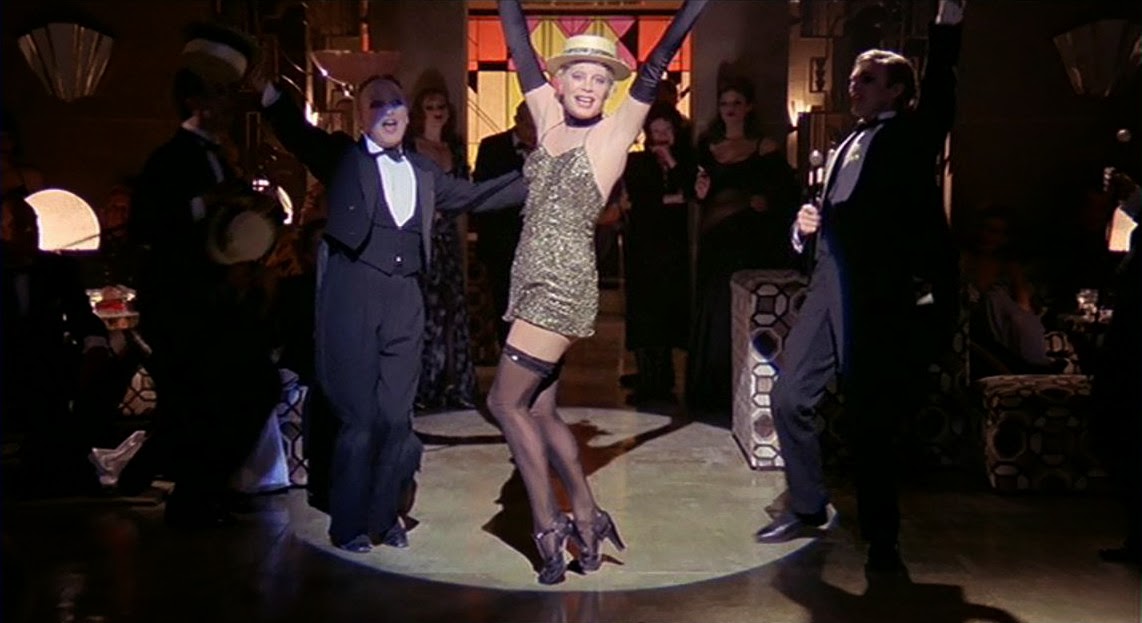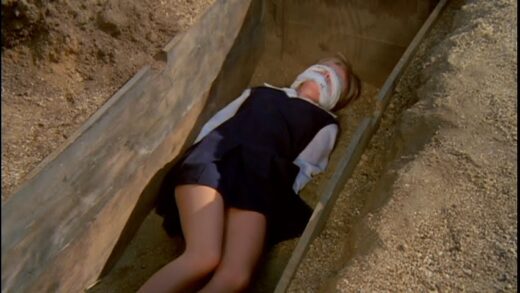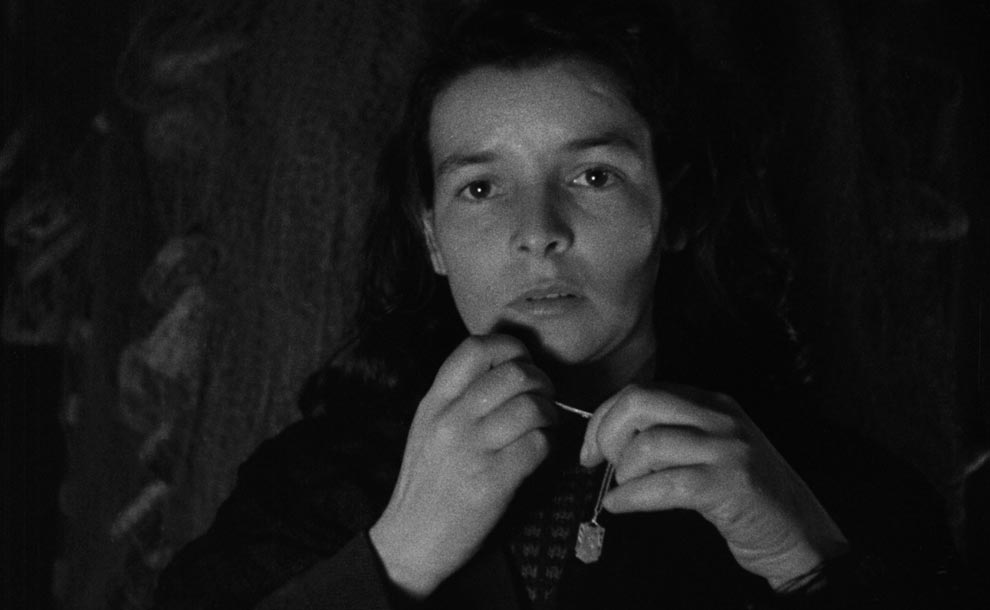Salon Kitty (1976)
![]()
Salon Kitty (1976) Directed by Tinto Brass
Tinto Brass’s infamous Salon Kitty transfigures Nazi iconography and turns it into raunchy pop art, glitzy splendorous erotica that translates the baleful National Socialist ideology into an epic erogenous art melodrama. Witnessing the lubricious extravagance of Salon Kitty’s decadent scenery converts us into organic voyeurs, yet the Nazi demagogy inculcated in the bondage prostitutes who obey the Führer’s orders disenchants this visual lechery, forcing us to be social critics too, transfixed voyeurs, but fully aware that the atrocities romanticized by aesthetics are a satirical, caustically anti-Nazi device.
The damned Wallenberg (wickedly played by Helmut Berger), a ruthless Nazi SS commander, painstakingly chooses a group of young German women to practice prostitution in the sumptuous brothel owned by the fashionable Kitty (Ingrid Thulin). There these loyal Hitlerite women will serve as spies for Wallenberg; the perfect plan to ensnare Nazi Germany’s traitors in the midst of orgasmic pleasures. Although Brass cuts his film with frenetic pace, the plot never finds a narrative unity. It is wantonly sexy in its exhibition of carnality and is potently corrosive in its fetishization of power, but Tinto Brass’s infatuation with shock and controversy prevents him from crafting a strong climactic act – the only climaxes the film boasts are sexual ones, not narrative ones. Nevertheless, there is artfulness in the subliminal commentary rendered by Tinto Brass’ convoluted avant-gardism. By showing the patriarchal system imposed by Wallenberg in the brothel, the ludic camera eviscerates the corruption within the social hierarchies, which spawns a gutsy feminist insurrection driven by Margherita’s impulses of amorous frustration (played with understated bravado by Teresa Ann Savoy) and Kitty’s empowered hubris against Nazi tyranny.
The subversive rampage is the highlight of the story – which is loosely based on the real events of the Salon Kitty operation on the eve of World War II – but its hypersexual surface renders what is important as incidental. There is no historical or even solemn treatment, it is rather kitschy and farcical. It has all the sensibilities of an inflated soap opera, yet I’d be lying to you if I told you, it wasn’t persuasive; Tinto Brass held my rapt attention for every goddamn minute of this tawdry depiction of Nazi degeneracy.






